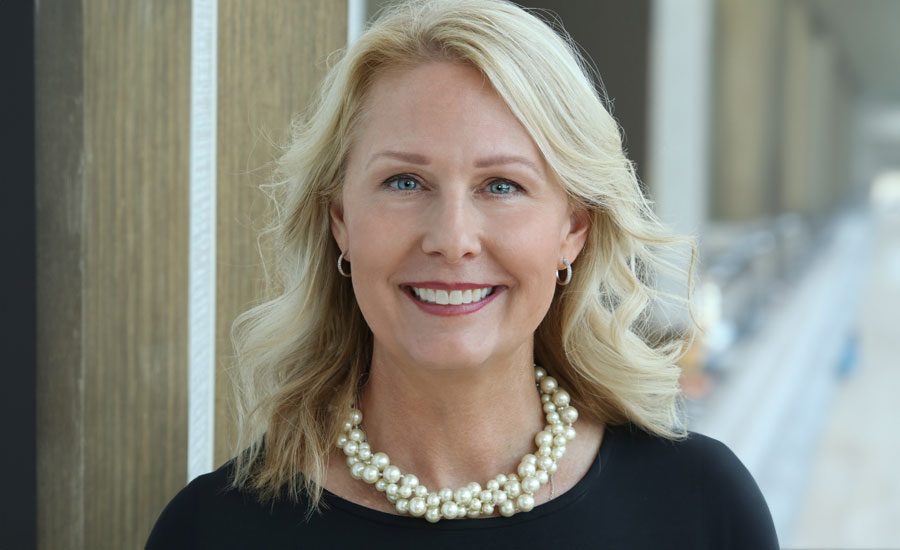The gruesome foursome of '04-Charley, Frances, Ivan and Jeanne-delivered the kind of damage and destruction to one state that, thank God, is typically spread out over the course of decades.
In spite of what some may think, the roofing industry in Florida certainly did not need this. I spoke at length with several of my friends engaged in the state to try to gain an understanding of the dimensions of the damage and how the roofing contractors there are handling it in these early stages of recovery. The devastation is so broad and in some areas so complete, it may be a long time before anyone truly knows.
Steve Munnell is the executive director for the Florida Roofing, Sheet Metal, and Air Conditioning Contractors Association (FRSA). Munnell tells us, "Everybody in this entire (state) is just slammed." The issue of cleaning up and covering up is the first item of business that must be dealt with before most roofs can be properly repaired or replaced. What those of us not directly in the affected areas have not heard about is the almost nonstop rainfall that continues to hamper even temporary repair efforts.
Roofing contractors have had to quickly come up with creative ways to handle the crushing wave of requests that they are all receiving. In the hardest-hit areas in the state, roofing contractors have reached rock-star status. They are in danger of being mobbed by anxious homeowners when they pull up to a jobsite with a pickup truck marked with a roofing company name (a requirement of licensed contractors in Florida).
There really is not much good to report in the aftermath of these horrific weather events, which have forever changed the face of the Sunshine State and the lives of so many of her residents. So the best thing to do is to search for the lessons. What do those of us in the roofing industry stand to learn as a result of the hurricane season of 2004?
Building in places where nature routinely delivers tough conditions really does require roofing standards tailored to those unique situations. Our industry has developed products that can withstand extreme climactic and other geological conditions, including high winds, snow and cold, hail and fire. It is incumbent upon all of us to promote these solutions wherever it is appropriate. We need to make our clients aware that these solutions exist and not wait around for building codes to change.
Manufacturers should continue the good work of developing products to counter the extremes of nature. These may never be the top-selling items but their development will continue to improve the technology for the entire roofing industry, even those of us who live in the milder climates.
You may use this situation to demonstrate to your customer why it is a great idea to do business with a qualified professional roofing contractor. How happy are the Florida homeowners today who knew their roofing contractor by first name before the storms came? How fast will the professional roofing contractor in Florida react for a friend or an existing client? It is a shame that in Florida-a state where the roofing trade is highly regulated-residential building contractors may install their own shingles without the benefit of hiring a professional roofing contractor. I do not know how much extra the average homeowner in Florida might have paid for this benefit, but I bet most would gladly pay it now for the sake of a friendly voice at the other end of the phone line. Point is; you must recognize that the future value of your service is immeasurable, and you need to sell it every time you present a bid for your company's services.
I know there are many other technical lessons that will be learned. These will be dissected and picked over for a long time to come. Contractors in the field will learn some valuable lessons. Manufacturers and surely any number of other associations and entities (NRCA, RCI, PIMA, FRSA, MCA, SPRI, FM, UL, etc... you know who you are) will produce white papers galore. I would like to propose that we mark our calendar for the summer of 2005 as a time when we can all get together and conduct a review of what happened during the hurricane season of 2004.
In spite of all the pain and suffering, and perhaps because of it, we need to use these events to advance our capabilities as an industry.



